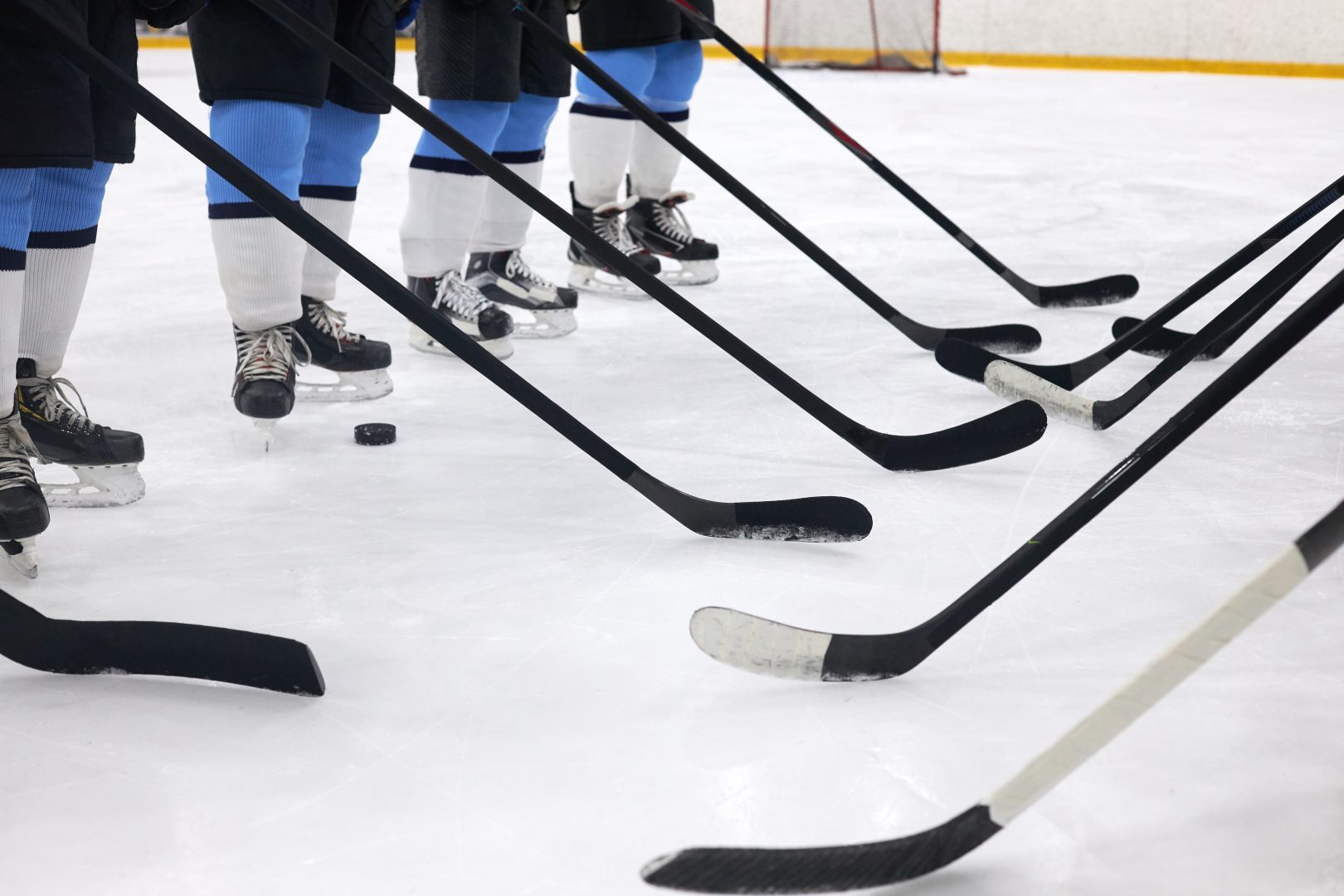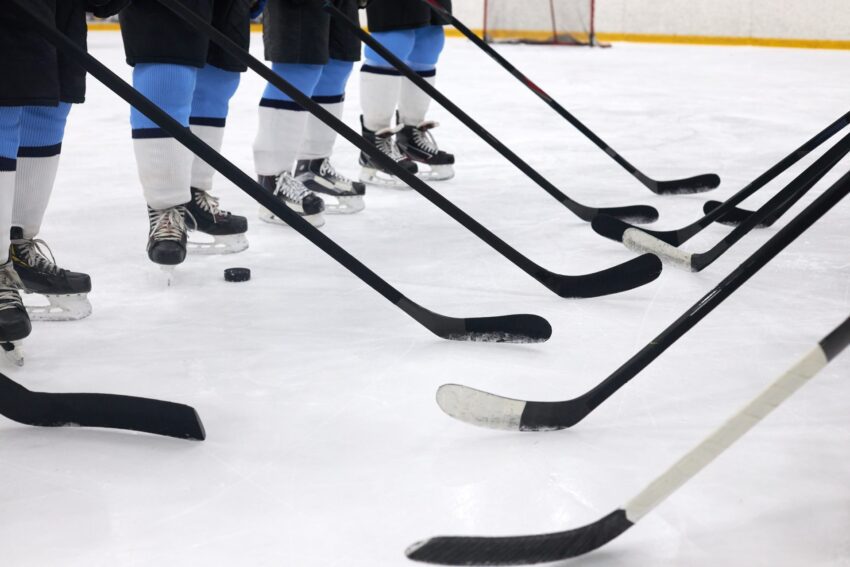
Star center for the Buffalo Sabres Jack Eichel has been in a stalemate with his team’s leadership since March, as team doctors refuse to approve an artificial disk replacement surgery that has never been performed on a professional hockey player before.
During training camp in September, Eichel failed his physical and was stripped of his captainship. The Sabres are advising that Eichel undergo a standard fusion procedure – which he has refused. The injury and its treatment are complex, so the Sabres and Eichel continue to debate the best course of treatment.
So, what is really going on here? Why are Eichel’s personal doctors and the team doctors torn on the best method of treatment?
Dr. Tom Schuler, chairman of our Medical and Scientific Board at the National Spine Health Foundation, shared some helpful perspective.
Since artificial disks have only been prevalent for the last decade, there is limited understanding of the ability of an athlete to perform with a disk replacement in a high-impact sport. For neck injuries, it’s even more limited – artificial disks have only entered general practice in the neck within the last five years.
That is where the team’s concern comes in – there is no history to reference within the NHL.
While he cannot make a definitive judgement, since he has not reviewed Jack Eichel’s case personally, Dr. Schuler noted that despite the team’s hesitancy, it is possible for an NHL player to have artificial disk replacement surgery and return to play.
It just hasn’t happened yet.
There are important physiological factors to consider – Which level disk? What is the surrounding anatomy like? What kind of injury could the spinal cord sustain if something was displaced?
There are also important external factors to consider –What is the risk for impact or collisions? There is a big difference between golf and hockey, between a goalie and a defensive player.
If an athlete is to reenter a high impact situation, their doctor would have to ensure that the implant is stable and would sustain the least amount of injury to the spinal cord if something got displaced. That’s a tall order, but vital for long-term spine health!
Ultimately, it’s not that a professional athlete can’t have an artificial disk replacement surgery –that’s a sweeping and unfair statement.
There are a lot of unknowns with Jack Eichel. We don’t know what part of his physical he failed – if it was due to arm strength, if he has a herniated disk, or if the issues are in his neck or his back.
While specific details of this case remain to be seen, one thing is certain – the sooner that Jack Eichel and The Sabres reach an agreement for treatment, whether disk replacement or fusion, the faster he will regain his strength and avoid the poor outcomes that can result from delaying treatment.
If you’d like to learn more about artificial disk replacement surgery, we are here for you! Check out our educational resources on artificial disk replacement surgery here.



